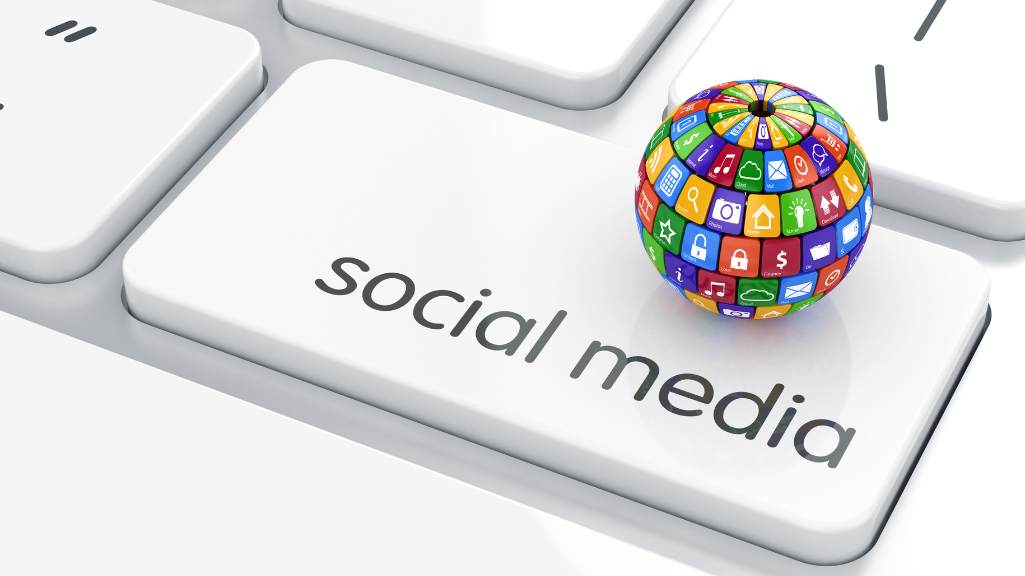The Virtual Web: Assessing the Real-Life Impact of Social Media
Alvish Asher
. 2 min read
Social media apps such as Facebook, Twitter, Instagram, and YouTube have revolutionized the way we communicate, connect, and share information in the digital age. With the widespread usage of these platforms, social media has become an integral part of our daily lives. While these apps offer numerous benefits, their pervasive influence has also brought about significant impacts on various aspects of our lives. This article explores the profound effects of social media apps on individuals, society, and the world at large.

Explores the Profound Effects of Social Media on Individuals
- Communication and Connectivity: Social media platforms have transformed the way we communicate, breaking down barriers of time and distance. People can connect with friends, family, and colleagues instantaneously, regardless of their physical location. It has facilitated the sharing of thoughts, ideas, and experiences, leading to a more interconnected world. However, the reliance on online interactions has also raised concerns about the erosion of face-to-face communication skills and the potential for shallow relationships.
- Information Sharing and Awareness: Social media has democratized the flow of information, giving individuals the power to create and share content. It has played a crucial role in disseminating news, raising awareness about social issues, and mobilizing communities for various causes. However, the unchecked spread of misinformation and the echo chamber effect pose challenges to the reliability and objectivity of information on social media platforms.
- Personal Identity and Self-expression: Social media platforms offer individuals a space to construct and present their online personas. It has given rise to a culture of personal branding and self-expression, allowing people to curate their digital identities. While this can boost self-confidence and creativity, it also puts individuals at risk of comparison, unrealistic expectations, and a constant need for validation.
- Mental Health and Well-being: The impact of social media on mental health is a topic of growing concern. Studies have indicated a link between excessive social media use and negative psychological effects, including anxiety, depression, and low self-esteem. The constant exposure to carefully curated lives and unrealistic standards of beauty can contribute to feelings of inadequacy and social isolation.
- Social Movements and Activism: Social media has become a powerful tool for organizing social movements and activism. It has facilitated the mobilization of large groups of people, enabling them to voice their concerns, demand change, and hold institutions accountable. From #BlackLivesMatter to #MeToo, social media has played a pivotal role in raising awareness about systemic issues and promoting social justice.
- Privacy and Security: The widespread use of social media has raised significant privacy and security concerns. Personal data shared on these platforms can be exploited for targeted advertising, surveillance, and identity theft. Cyberbullying and online harassment have also become prevalent issues, requiring constant vigilance and protection measures.
Conclusion
Social media has undoubtedly transformed the way we live, communicate, and interact with the world. Its impact spans across various domains, including communication, information sharing, personal identity, mental health, activism, and privacy. While social media brings numerous benefits, it is essential to navigate its influence consciously and critically, ensuring a healthy balance between virtual and real-world interactions. By understanding the implications and taking proactive steps to address the challenges, we can maximize the positive impact of social media on our lives while mitigating the potential negative effects.

